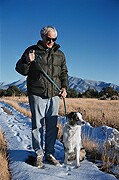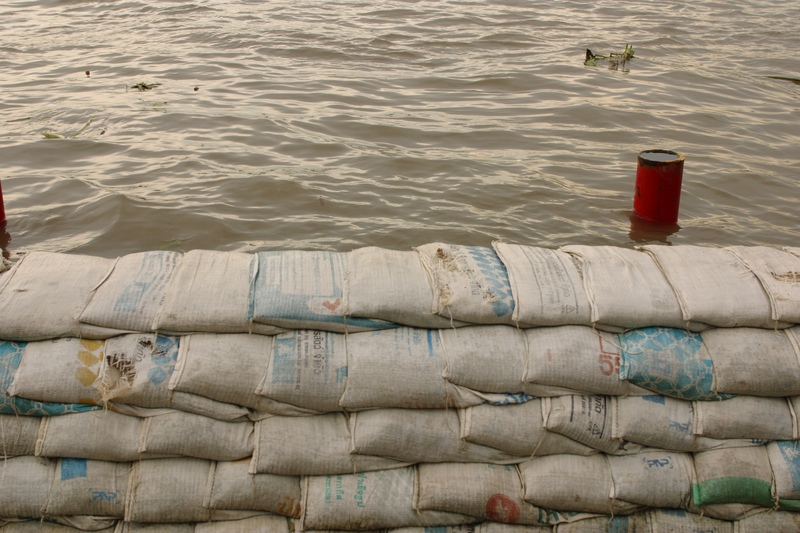
SATURDAY, Feb. 4 (HealthDay News) — Winter weather can be challenging for some seniors, especially those with mobility or other health issues.
But planning ahead, and enlisting the help of adult children, neighbors or caregivers when needed, can help seniors stay safe and mobile during the cold months.
“Snow and ice, cold temperatures and heating devices are all potential safety hazards that result in a number of accidents every year. Minor additions or changes to a senior’s home can minimize the risk of an accident and create a dramatically safer environment,” Andrea Cohen, CEO of HouseWorks, a Massachusetts-based private-pay home care business, said in a company news release.
She offered a number of suggestions. If mobility, balance or other health issues have made shoveling snow too taxing, make sure someone is available to shovel snow and remove ice so that walkways are clear and it’s safe to enter and exit the home.
Also, make sure that dryer vents and gutters are cleared.
Because cold weather and snow can limit a senior’s ability to get out to take care of errands, it’s important to arrange to have someone available to help with grocery shopping and to make sure the senior has enough food and medication for several days, in case weather makes streets impassable or affects electricity. Flashlights and batteries should be readily available in case of a power outage.
Heating pads and space heaters are used by some seniors for extra warmth, but these devices can be fire hazards if they’re not functioning properly or if they’re left unattended. Check these items and repair or remove any that might be unsafe. Fresh batteries should be placed in smoke and carbon monoxide detectors in seniors’ homes.
Make sure important phone numbers — family members, health care providers, food delivery — are posted in a convenient and visible location, such as the refrigerator. The telephone needs to be easily accessible and work when the power is out. It’s a good idea to provide seniors with an easy-to-use charged mobile phone for emergencies.
If a senior lives far away from family members, arrange for a friend or neighbor to check on them from time to time. Consider a medical alert system that can ensure immediate response to a medical emergency.
A senior’s home might require safety modifications such as grab bars, hand-held showers, or rearrangement of furniture and rugs.
More information
The AGS Foundation for Health in Aging offers winter safety tips for seniors.

